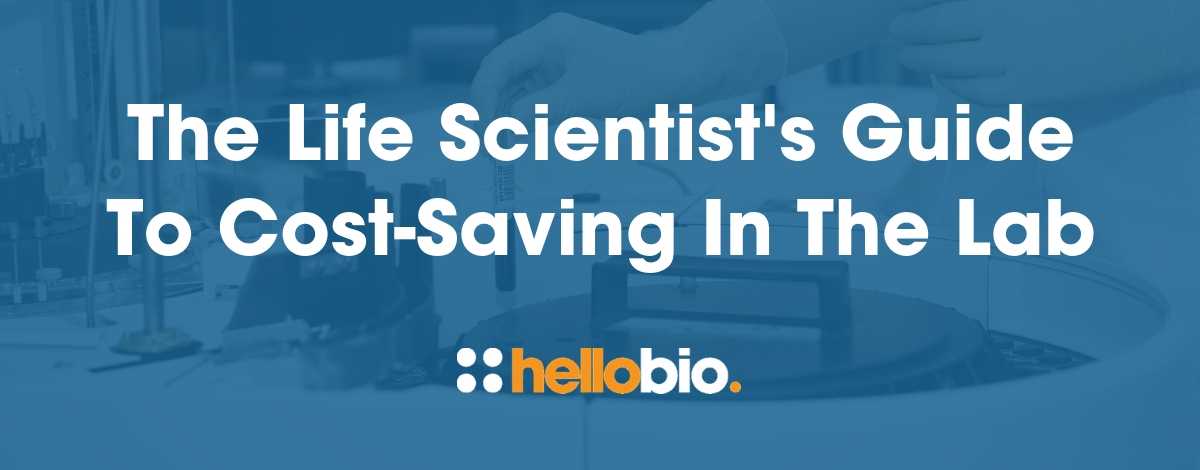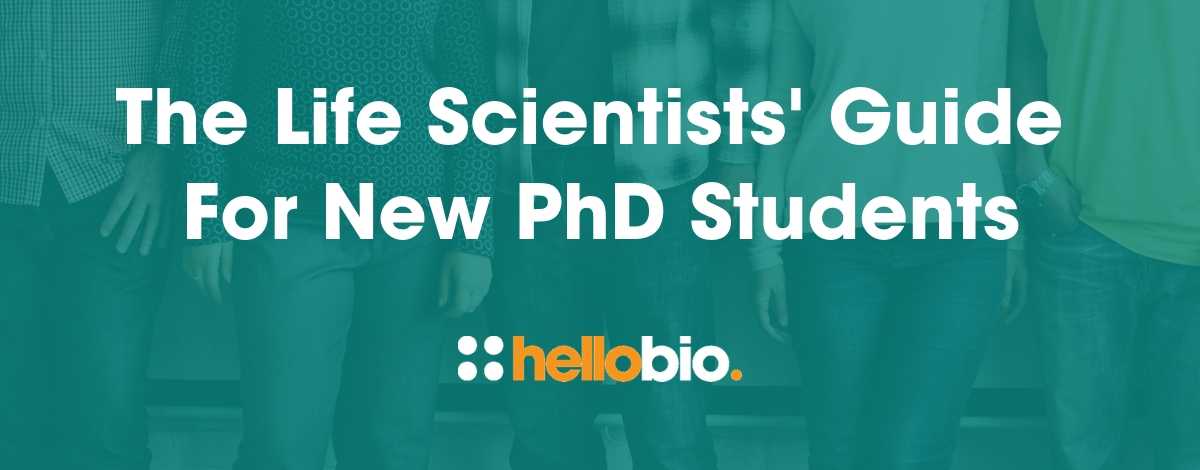Meet our Latest Travel Award Winner Emma Sands
Emma Sands is a PhD student working at the University of Dundee, Scotland and researching the parasite, Cryptosporidium. Hello Bio's travel award will help fund her trip to Tissue Organoids as Models of Host Physiology and Pathophysiology of Disease in Vancouver, 2020.
I am delighted to be awarded this Hello Bio travel grant in support of my travel to the Keystone conference Tissue Organoids as Models of Host Physiology and Pathophysiology of Disease, in Vancouver, 2020. This award will help me to showcase my project at a global conference and meet other scientists which employ organoids to study disease. Emma Sands, Hello Bio travel award winner
Congratulations Emma. First, can you tell us a bit more about what you're working on at the moment?
I am working in Dr Mattie Pawlowics lab, carrying out research on the diarrhoea-causing parasite, Cryptosporidium. I am studying disease transmission and currently, am establishing the use of organoids or “mini-organs” to help this work.
What is it about your field of research that gets you most excited?
I enjoy researching cryptosporidiosis as there are so many unanswered questions about the disease, the parasite and the host response. There is much less known about Cryptosporidium than other human parasites, say Toxoplasma. Also, as the field is less advanced, there is inherently more problem solving to do. For example, we don’t have very many antibodies, and lots of the genome remains unexplored, “hypothetical protein” territory. That uncharted territory is the most exciting part for me.
Which scientists working today do you most admire, and why?
Recently, I have had many interesting conversations stemming from reading “The Beautiful Cure” by Daniel Davis, Professor of Immunology at Manchester University. This book details the discovery of understanding our immune system and makes immunology accessible and enjoyable to a wider audience. I admire Daniel's work as he knits together discovery and storytelling, and for making his lab website contain a “summary for non-scientists” section, which I would love to see widely adopted.
What do you think are the biggest challenges currently facing life scientists and their work?
The internet is simultaneously the biggest asset and the biggest threat to the evolution of knowledge.
What’s your favorite science quote?
You can’t know what you don’t know, so stay curious.
________________________________
Thank you Emma - we wish you all the best for a successful conference!
Click here to read about our past winners or why not apply for the grant yourself?
________________________________
Advice & guidance for life scientists
Click below to view our of essential guides and articles includes to support life scientists, PhD students & early career life scientists:
Travel grants
Every month we give away $500 to PhD students and Postdocs so that they can attend a scientific conference - click below to find out more:
Wellbeing for scientists
Click below for our resources to help improve your wellbeing:
Technical resources
Try our Molarity Calculator: a quick and easy way to calculate the mass, volume or concentration required for making a solution.
Try our Dilution Calculator: an easy way to work out how to dilute stock solutions of known concentrations
Click below to see our Mini-reviews, Pathway Posters & Product Guides: a set of technical resources to answer your questions on a wide range of topics and to help you get started quickly.

And - when you get to the stage of planning your experiments, don't forget that we offer a range of agonists, antagonists, inhibitors, activators, antibodies and fluorescent tools at up to half the price of other suppliers - click below to see how we compare with other suppliers:




















